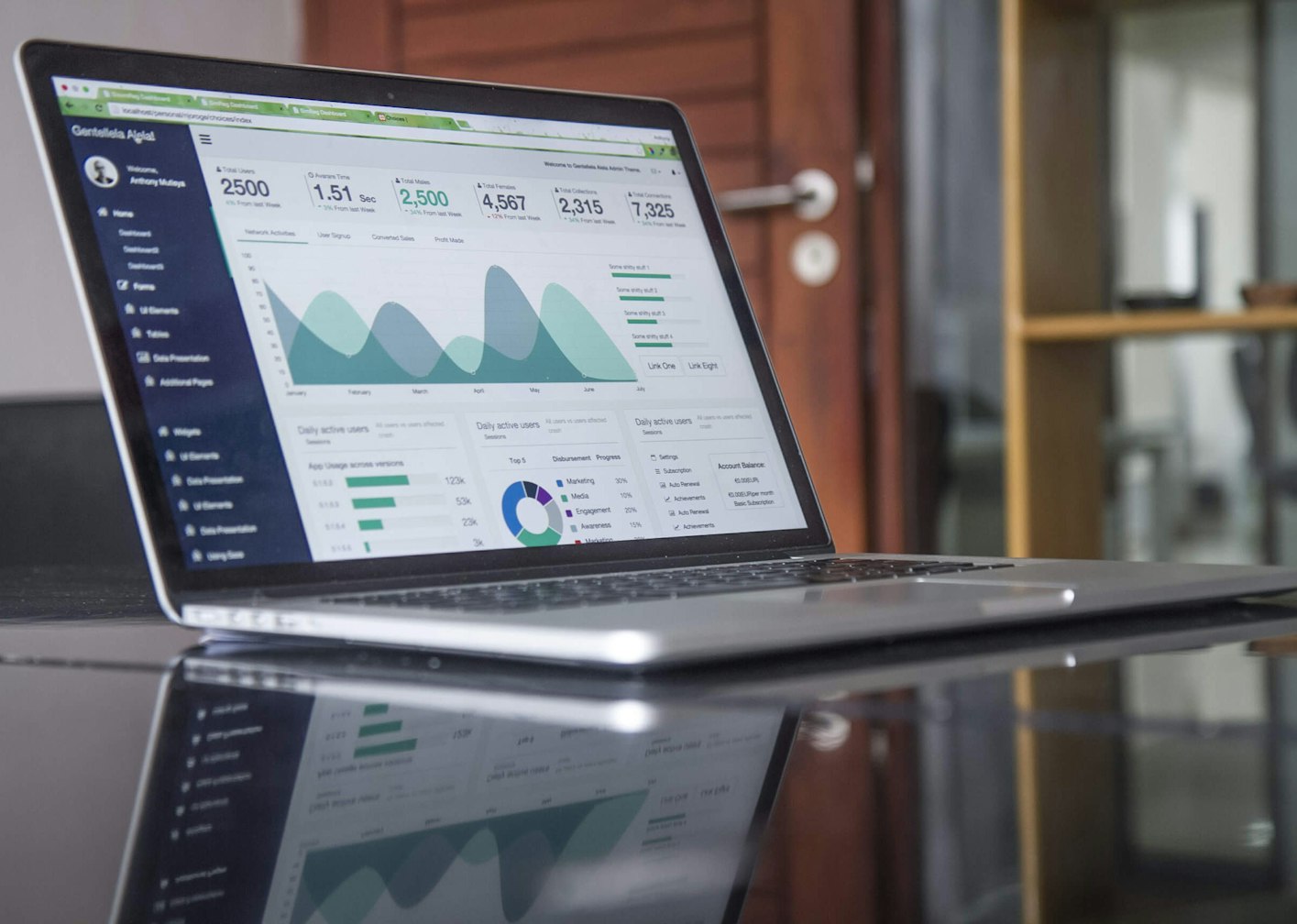Lowered Utility Bills: Solar Panel Savings


Unlocking Savings: Lowered Utility Bills with Solar Panel Solutions
In the pursuit of financial savings and sustainability, the integration of solar panels has become a game-changer for homeowners. This article explores how solar panel installations contribute to lowered utility bills, making them a practical and eco-friendly investment in the long run.
Economics of Solar Panel Installations
At the heart of the lowered utility bills phenomenon lies the economic advantage of solar panel installations. Homeowners embracing solar power can significantly reduce their dependence on traditional utility grids. As a clean and renewable energy source, solar panels generate electricity from sunlight, thereby lowering the need for electricity sourced from the grid. This shift translates into immediate and long-term cost savings for homeowners.
Reducing Monthly Energy Costs
The primary impact of solar panels on lowered utility bills is the substantial reduction in monthly energy costs. By harnessing the power of the sun, homeowners can generate a significant portion of their electricity needs. This self-sufficiency translates into lower monthly bills, providing financial relief and predictability in an era of fluctuating energy prices.
Government Incentives and Lowered Utility Bills
Governments worldwide recognize the importance of transitioning to renewable energy. Many offer financial incentives to encourage the adoption of solar power. Homeowners can take advantage of tax credits, rebates, and other programs that further contribute to lowered utility bills. These incentives make solar panel installations more accessible and financially appealing for a broader range of homeowners.
Net Metering for Enhanced Savings
Net metering is a key mechanism that enhances the impact of solar panels on lowered utility bills. Through net metering programs, homeowners can feed excess energy generated by their solar panels back into the grid. In return, they receive credits on their utility bills. This dynamic exchange ensures that homeowners maximize their solar energy production and further reduce their reliance on the traditional grid.
The Long-Term Investment Perspective
While the upfront cost of solar panel installations may seem significant, it’s essential to view them as a long-term investment. The initial investment pays off over time through lowered utility bills and increased energy independence. Solar panels have a long lifespan, and the financial returns often outweigh the initial costs, making them a prudent financial decision.
Technological Advancements Enhancing Efficiency
Ongoing technological advancements in solar panel technology contribute to enhanced efficiency, further promoting lowered utility bills. Modern solar panels are more efficient in capturing and converting sunlight into electricity. Additionally, advancements in energy storage solutions and smart grid integration enable homeowners to optimize their energy consumption, maximizing the impact on utility bills.
Environmental Impact and Financial Savings
Beyond the financial advantages, the environmental impact of lowered utility bills through solar panels is substantial. Generating clean energy reduces reliance on fossil fuels, mitigating carbon emissions and contributing to a healthier planet. Homeowners adopting solar power not only save money but also actively participate in the global movement towards sustainable and eco-friendly energy solutions.
Navigating Solar Options for Lowered Utility Bills
For those considering the shift towards lowered utility bills through solar panels, ctproductsandservices.com provides a valuable platform. The website offers information on available solar solutions, government incentives, and the overall process of transitioning to solar power. Exploring these resources empowers homeowners to make informed decisions that align with their financial and environmental goals.
Community Impact and Lowered Utility Bills
The adoption of solar panels extends beyond individual homes to have a positive impact on communities. As more households embrace solar power and experience lowered utility bills, the collective reduction in energy demand positively influences the overall energy infrastructure. This communal effort contributes to grid stability, environmental conservation, and a shared commitment to sustainable living.
Conclusion: A Brighter, Greener Future
In conclusion, the integration of solar panels is a pathway to a brighter, greener future with lowered utility bills. Beyond the immediate financial benefits, homeowners contribute to a more sustainable and resilient energy landscape. The lowered utility bills are not just about saving money; they represent a conscious choice towards environmental responsibility and a commitment to a more sustainable way of living.







